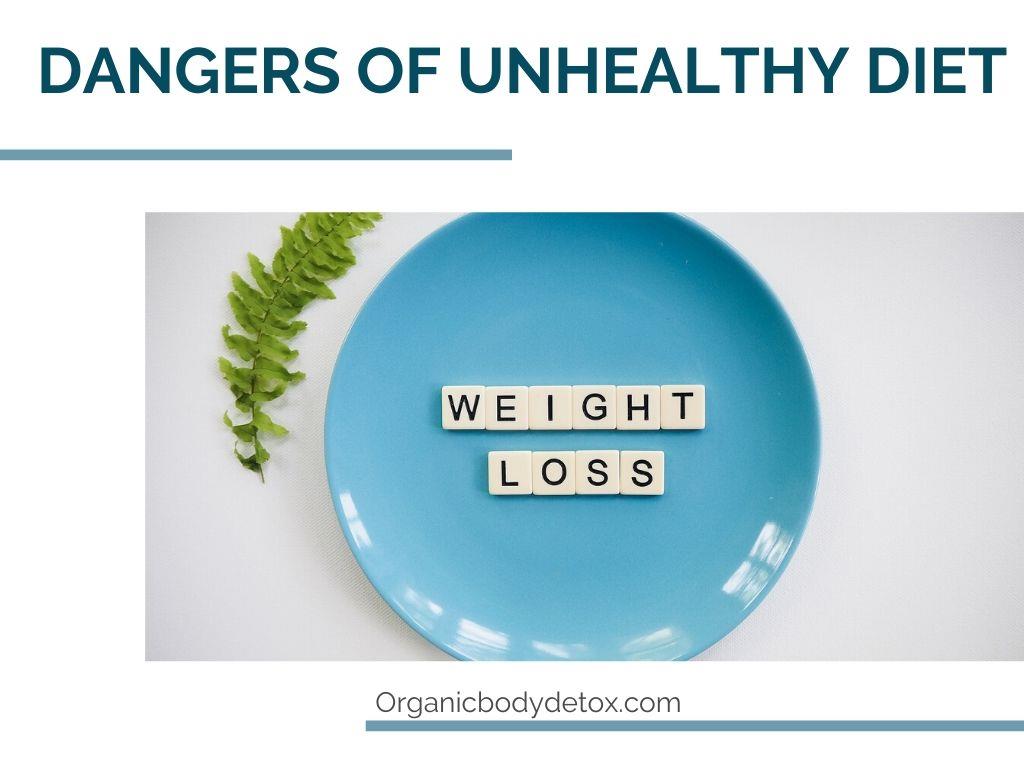Pro-Ana: a community formed on good intentions that can lead to dangerous habits
The beginnings of Pro-ana diet plan
Those who have suffered anorexic or bulimic behavioral addictions in the past have congregated online to offer support and tips for others who are working on recovering through various stages. Unfortunately, some of these forums and communities that were initially intended to create a culture of support have devolved into a pro-anorexia or pro-ana culture and endorsement of a pro-ana diet plan.
Anorexia nervosa is an eating disorder in which those who suffer from it take drastic measures to cut calories and lose weight. Additional symptoms can include exercising excessively or vomiting and using laxatives to reduce their caloric intake as much as possible. To be anorexic, you don’t have to be extremely thin. In fact, many people who struggle with anorexia and unhealthy methods of weight loss might not be skinny at all.

Why Pro-ana diet plan can be a dangerous road
Those who follow the pro-ana philosophy are buying into a dangerous methodology that anorexia is psychologically rewarding or that the torture that they’re allowing their bodies to endure will be worth it in the end after their drastic weight loss. However, anorexia will deprive the body of essential nutrients that the body needs to function, and this can have drastic effects. Anorexia has been known to lead to electrolyte imbalances or cardiovascular issues, both which can be immediately fatal. Thus, those who might believe that they’re putting themselves through some temporary pain to achieve and end goal are in actuality walking a very dangerous line between life and death.
Perhaps the most sickening part of the pro-ana movement is the slogans, marketing, and encouragement that is offered to members of the community to continue their unhealthy road to thinness. One common goal for those in the pro-ana movement is achieving a “thigh gap,” or increasing the amount of daylight that is visible between their upper thighs. The issue with the thigh gap obsession is that everyone has different fat distributions for their body, and some might have more fat stored in their thighs than others.
In fact, many women, who make up the majority of the pro-ana movement, have a fat distribution that places their fat in their hips, upper arms, behind, and thighs. So, lowering the fat content in these areas to extremely low levels can not only be incredibly difficult, but incredibly unhealthy and can go against how the body is supposed to function. Those who have a thigh gap while maintaining a healthy diet do so due to genetics, they have a different fat distribution that allows them to have a thigh gap while also ensuring that their body gets the nutrients and caloric intake that it needs to function properly.
Those who can’t get a thigh gap through healthy methods, and most people fall into that category, should not only seek to understand that their bodies are beautiful without some silly diamond of daylight between their legs, but furthermore they should seek help from eating disorder professionals if they find that they are obsessing over their size.

When you starve yourself, you’re starving your entire body. It isn’t simply a matter of having less fuel or feeling a little more tired, it affects every function within your body.
According to Dr. Kimberly Dennis, medical director of Timberline Knolls Residential Treatment Center, in an article with hercampus.com, “In states of starvation, the heart shrinks, the brain shrinks, the liver can get inflamed, the immune system is diminished.” And beyond the physical effects lies many other psychological effects, such as an addiction to starving yourself, which compounds the physical effects as the addiction grows and continues.
Pro-ana “motivational” quotes
So, even those who think they might take a chance at pro-ana diet plan for a brief period of time and then maintain their goal weight through healthy eating might find themselves addicted to the unhealthy weight loss methods and the mentality that one more pound of weight loss will get them to where they want to be, even if they’re already ten pounds lighter than their goal weight.
And breaking this addictive cycle doesn’t become any easier in the midst of the encouragement and marketing done by the pro-ana community that say things such as “What nourishes me destroys me”, as quoted directly from theproanatips.com. If you do a simple Google search of pro-ana diet tips, you’ll find a host of similar sayings that are enough to make you heartbroken for those who buy into this damaging community.
Another, also taken from theproanatips.com is a quote from Brian Flatt which states “If you have to eat, eat in front of the mirror.” These are supposed to be motivational quotes that are perpetuating a healthy lifestyle, when in reality those who are promoting these behaviors are either preying on those who have existing struggles with eating disorders, or who have eating disorders themselves and are sharing their suffering with others unknowingly.
700 calories for a week
Pro-ana sites will also recommend diets that offer less than 700 calories for a week. You don’t need to be a nutritionist to understand the damage that such a void nutritional offering could bring. And of course, in traditional cult style, many pro-ana sites will continue to pull the wool over the eyes of their followers by acknowledging the resistance to the movement and to prepare themselves for those who might question the health impacts of their dietary choices and assure their followers that those who don’t follow pro-ana diet plan simply “don’t understand” the need to continually lose weight.
Since we’ve been pointing out examples of the tragic encouragement offered by many of these sites, we should add that number five on theproanatips.com’s list of tips is to purge via vomiting or taking laxatives. They also encourage to stand in front of a mirror often as motivation and to eat alone to hide their lifestyle from those who are close to them.
Additionally, in their “about me” section, they mention that they do not intend to promote anorexia or eating disorders in any way and simply want to offer a quick way to lose weight fast, but it’s difficult to identify a separation between their suggestions and encouragement and the true form of eating disorders. In fact, if you look up symptoms of anorexia and bulimia and subsequently look up tips for the pro-ana diet plan, you won’t find any distinguishable differences, except that one source will paint the symptoms in a positive light as “progress.”
Of course, as with any fitness or dietary plan, different pro-ana sources offer varying degrees and extremes of their lifestyle. Throughout this article, we’ve been bringing light to some of the red flags on the site theproanatips.com. Even sites that might not necessarily perpetuate the encouragement of anorexia to that extreme can in the end be guilty by association, perhaps innocently, by leading people to the more dangerous pro-ana resources in their own research.
Those who want to help people lose weight in a healthy manner should distance themselves from the pro-ana movement and should reach out to those who might be blindly following pro-ana methods and offer them some guidance and support.
How to get help
Pro-ana did begin as a way to offer support for each other and to create a strong community, unfortunately the support portion of that has morphed into an extreme form of dieting that doesn’t align with anything healthy or nutritional. Those who are seeking help with eating disorders of any sort should seek help. Some pro-ana followers are a part of pro-ana solely because they enjoy the sense of community that pro-ana has offered them. For those who might feel tied to this community and are realizing the negative effects that it can be having on their mental and physical health, they should look into other sources of community such as We Bite Back.
We Bite Back can offer the same source of community that pro-ana has built, but through with a much greater degree of safety and support and reinforcement of positive eating patterns. NEDA also offers multiple resources on their website for anyone who is experiencing difficulties or needs help of any sort with any level of an eating disorder, big or small.
It’s important to take charge and get help quickly in the beginnings of an eating disorder since it can frequently spiral deeper and have greater health impacts if not assessed immediately.
Anorexia is not a stigmatized condition that is overplayed by medical professionals. It’s a serious mental illness that can have drastic and tragic physical implications. Even if those in pro-ana have good intentions or are themselves in need of professional support, it can be a dangerous road to embark on.
